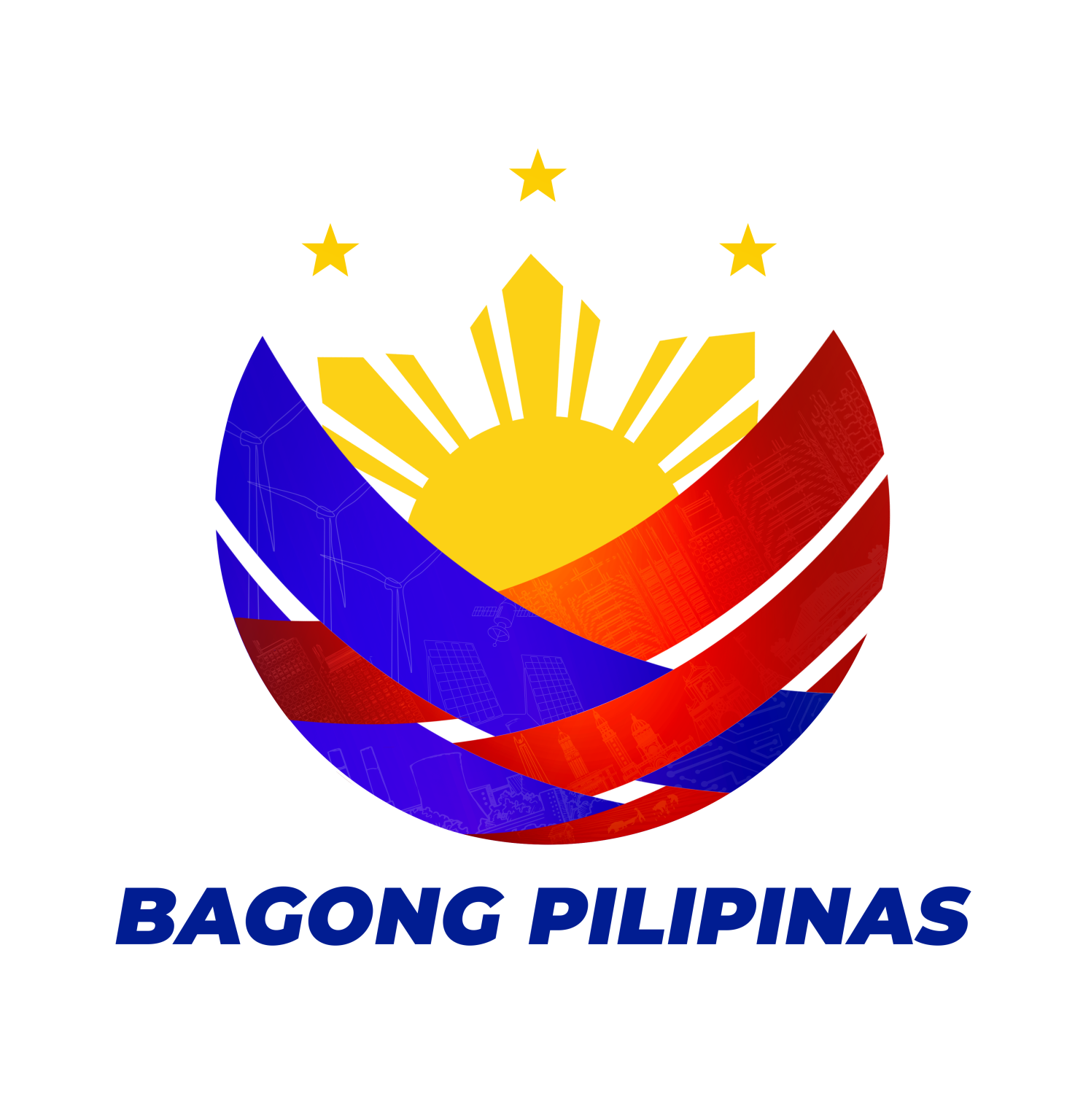A cornucopia of blessings overflows as the Sustainable Agriculture and Natural Resources Institute rearranged its spotlight towards serving its mandates to greater heights of productivity.
With the preliminary set of plans after having reconstituted SANRI, Prof. Jerry Esperanza, the new head of the Institute spearheaded numerous activities which positively weighed–up challenge in the realization of the development and promotion of sustainable farming systems throughout the Province more particularly in research, education, technology and product development, marketing and information system for agricultural data which are SANRI’s five goal areas.
Initially, the major team players of SANRI had the retrospection of the researches the institute need to support and oversee towards completion of the research projects. To date, there are two ongoing researches which are detailed accordingly with the specific title, proponents and target outcomes:
|
Title of Research Project |
Proponents |
Outcome |
|
“Streamlining Research and Development for Sustainable Agriculture and Natural Resources Management in the Province of Rizal” |
Dr. German L. Penaranda Prof. Joy M. Alano Dr. Romeo C. Pati Engr. Rosalinda G. Brasos Engr Amabel P Cruz |
ØThis study is expected to supplement information on agricultural practices in the Province and identify the research needs of farmers to develop a more comprehensive research program for the Institute. ØTallied result of the survey conducted for Three(3) Studies ØRequested for extension of research duration |
|
“In-Situ Assessment of Trichogramma sp.as Biocontrol of Ampalaya (Momordica charantia L.) insect pests” |
Prof. Joy M. Alano Engr. Amabel P. Cruz |
ØHalted due to unavailability of Trichogramma sp. from RCPC and due to pandemic ØRequested for extension of research duration |
A sort of introspection has driven the prime movers of SANRI to serve by facet the things that will create a levelled-up atmosphere of positivity, creativity and productivity in the SANRI’s work and service environ. Reasons of the bull’s eye for the successful conduct of the programs, projects and activities as clearly documented in the following set of pictures.
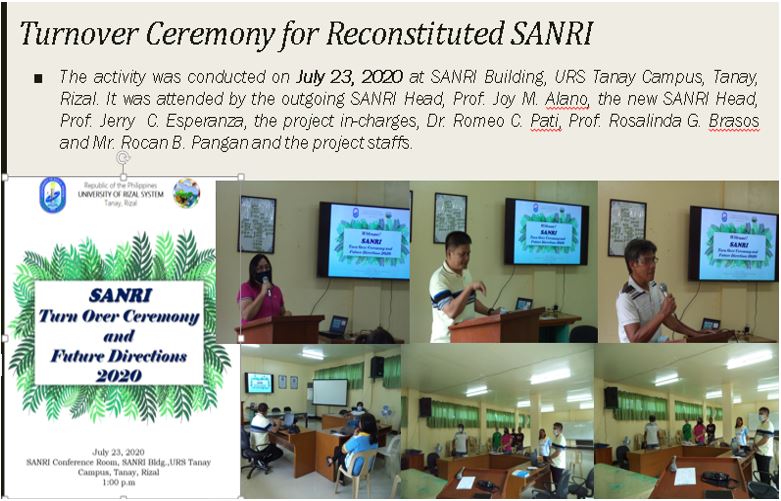
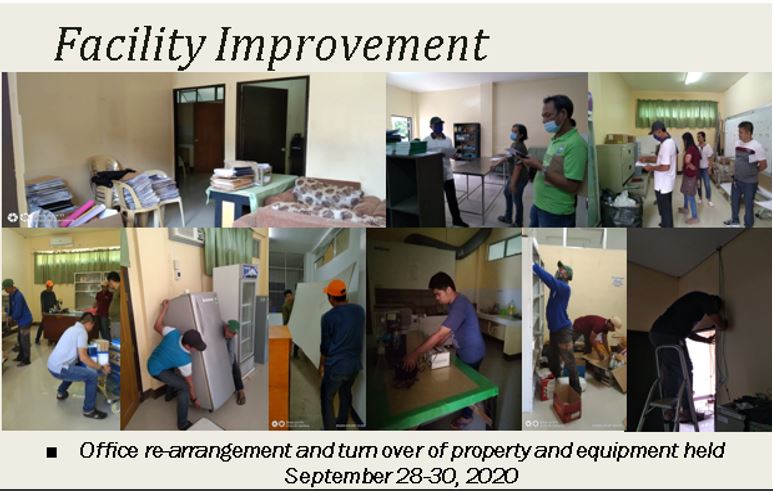
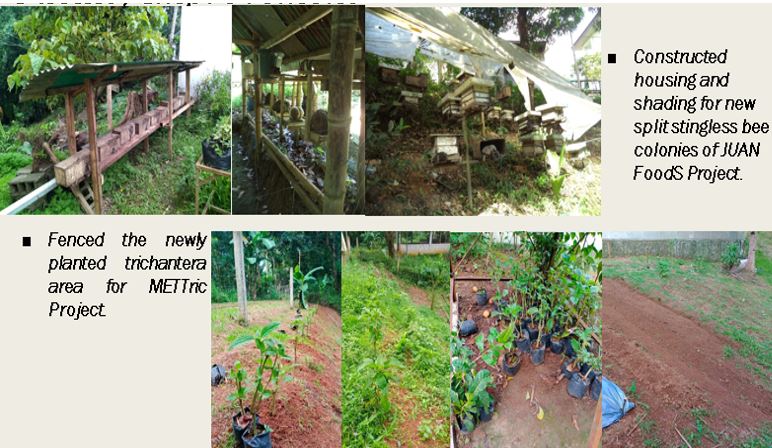
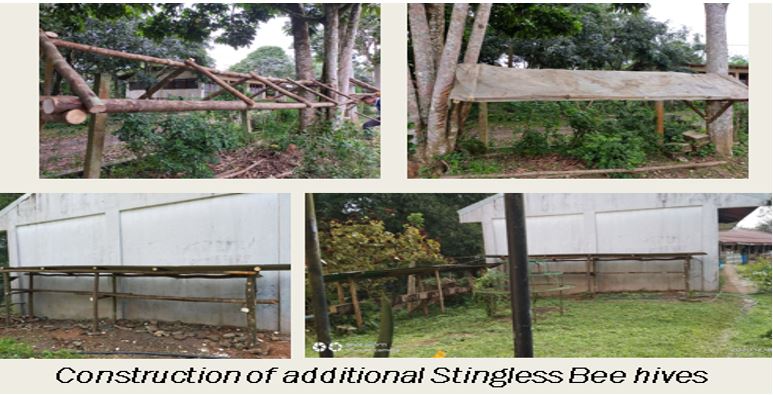
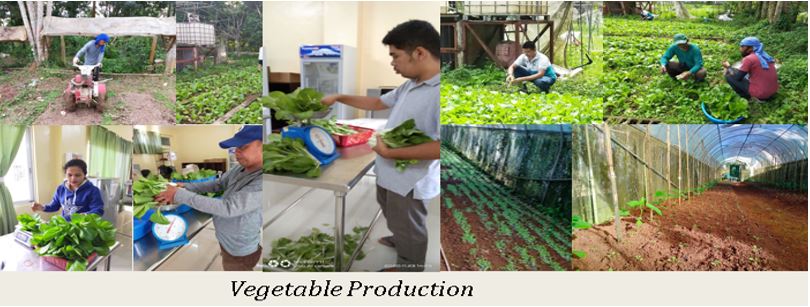
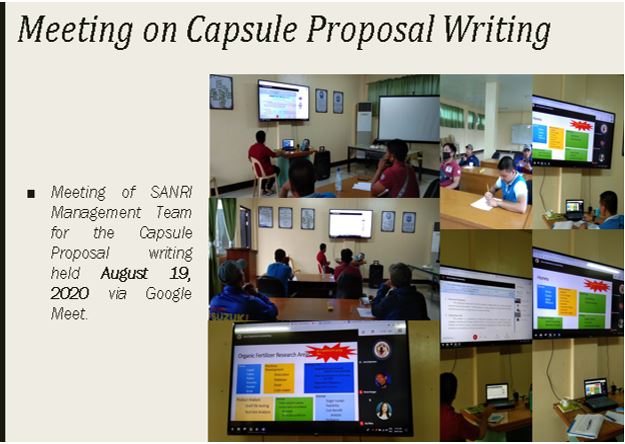
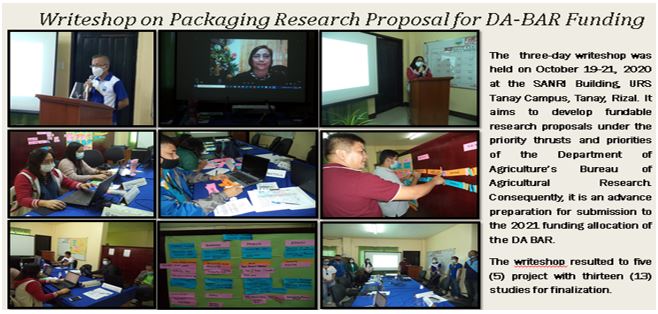
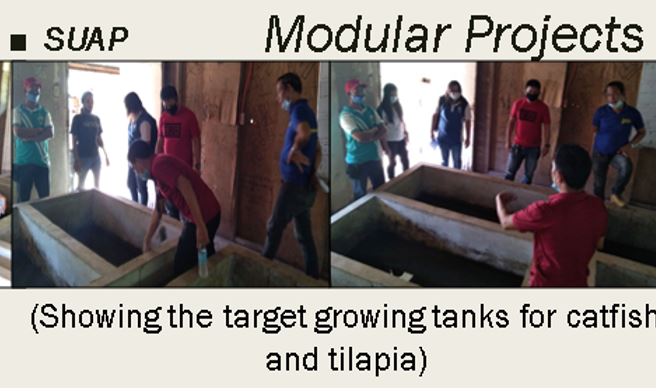
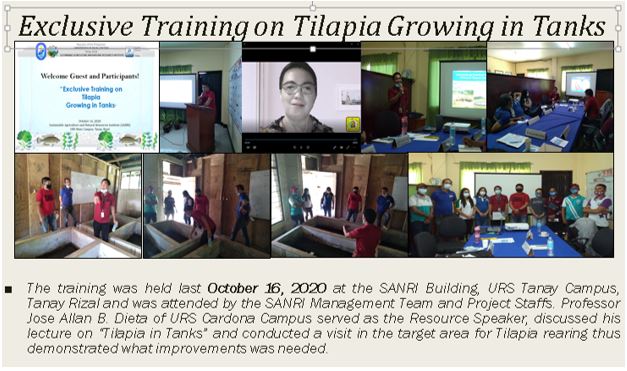
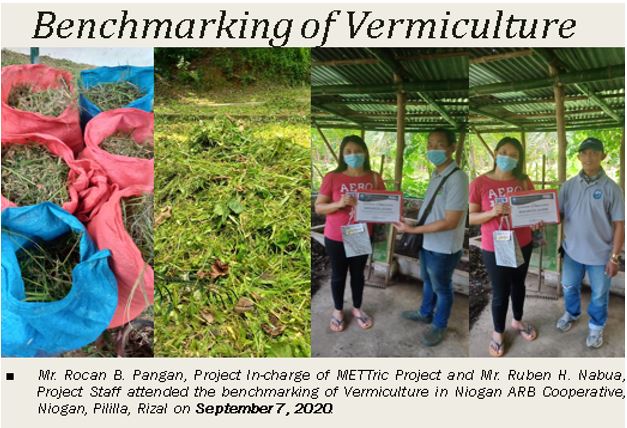
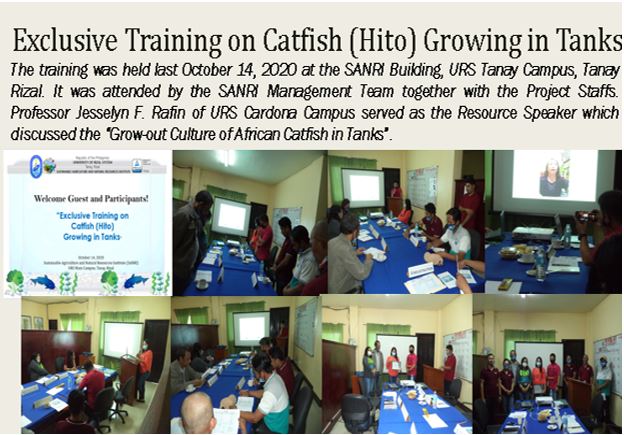
HIGHLIGHTS
 URS STRIDE WITH PRIDE IN 13th TANAY HANE FESTIVALThe University of Rizal System participated in the Business Agri-Trade Fair and Exhibit of the Municipality of Tanay, Rizal during their 13th “HANE” Festival held last November 6-11, 2023. The annual celebration of the Hane Festival is the commemoration of the Municipality of Tanay’s founding Read more...
URS STRIDE WITH PRIDE IN 13th TANAY HANE FESTIVALThe University of Rizal System participated in the Business Agri-Trade Fair and Exhibit of the Municipality of Tanay, Rizal during their 13th “HANE” Festival held last November 6-11, 2023. The annual celebration of the Hane Festival is the commemoration of the Municipality of Tanay’s founding Read more... SANRI PARTNERSHIP WITH MAHABANG PARANG NATIONAL HIGH SCHOOLThe Sustainable Agriculture and Natural Resources Institute (SANRI) steps anew with the development of an external partner for the “Agri-Eskwela: Teknolohiyang Pansakahan Para sa Mamamayan” extension project. The collaboration endeavors to bridge support and the needed technical know-how about Read more...
SANRI PARTNERSHIP WITH MAHABANG PARANG NATIONAL HIGH SCHOOLThe Sustainable Agriculture and Natural Resources Institute (SANRI) steps anew with the development of an external partner for the “Agri-Eskwela: Teknolohiyang Pansakahan Para sa Mamamayan” extension project. The collaboration endeavors to bridge support and the needed technical know-how about Read more... CULTIVATING BRILLIANT MINDS WITH SMART FARMING: SANRI INITIATED ITS TRANSFORMATIVE WEBINARThe Sustainable Agriculture and Natural Resources Institute (SANRI), in collaboration with the University Extension Services, conducted a webinar during their program Agri-Eskwela: Climate SAFE with the topic titled: “Why SMART Farming?” A Webinar on Increasing Food Demand and Decreasing Read more...
CULTIVATING BRILLIANT MINDS WITH SMART FARMING: SANRI INITIATED ITS TRANSFORMATIVE WEBINARThe Sustainable Agriculture and Natural Resources Institute (SANRI), in collaboration with the University Extension Services, conducted a webinar during their program Agri-Eskwela: Climate SAFE with the topic titled: “Why SMART Farming?” A Webinar on Increasing Food Demand and Decreasing Read more... URS joined DOST-PCAARRD’s Agri-Aqua Innovation Pitch FestWith the unrelenting desire to power up his perspective in the name of research productivity, Prof. Jerry Esperanza as a technology genera-tor joined and competed during the Agri-Aqua Innovation Pitch Fest with his Power Smoke Portable Cold–Smoking Device which landed as one of the Top 26 finalists Read more...
URS joined DOST-PCAARRD’s Agri-Aqua Innovation Pitch FestWith the unrelenting desire to power up his perspective in the name of research productivity, Prof. Jerry Esperanza as a technology genera-tor joined and competed during the Agri-Aqua Innovation Pitch Fest with his Power Smoke Portable Cold–Smoking Device which landed as one of the Top 26 finalists Read more...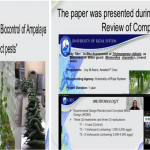 SANRI setting the extra miles on its ServicesTrue to its mantra of serving a difference, the Sustainable Agriculture and Natural Resources Institute (SANRI) served an array of projects and activities that piqued the active participation more than just drawing out curiosity among the various stakeholders of the University. It is for the said Read more...
SANRI setting the extra miles on its ServicesTrue to its mantra of serving a difference, the Sustainable Agriculture and Natural Resources Institute (SANRI) served an array of projects and activities that piqued the active participation more than just drawing out curiosity among the various stakeholders of the University. It is for the said Read more...
